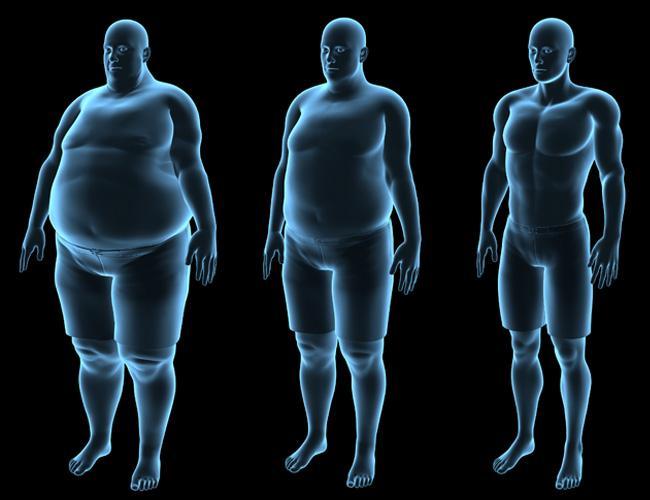There are a number of different causes for this imbalance, which are usually interlinked: genetic predisposition, eating habits, cultural factors, sedentary lifestyles, emotional distress (depression, bereavement, etc.), mental problems and side effects from taking certain medication. In many cases, individuals trying to cope with unpleasant emotions find that eating makes themselves feel better. This can develop into an unhealthy routine for dealing with an internal dysfunction.
The role of the intestinal microbiota (or intestinal flora) in the development of obesity has also been demonstrated.
The involvement of these various factors means that being overweight and obese are chronic and thus recurrent disorders. The body’s natural functions are impaired, with the result that, in many cases, even if the individual manages to lose weight, the kilograms are soon put back on.
Two of the many factors which contribute to an individual being overweight or obese are lifestyle-related: modern diets and reduced levels of physical activity.

High-calorie modern diets
There are many reasons why our diets are so high in calories:
- excessive portion sizes, eaten too quickly, i.e. before you can become aware that you are no longer hungry;
- an abundance of “reward” foods whose energy density is very high, i.e. which provide a very high number of calories in a small volume, that do not fill you up (such as pastries, sugary drinks, chips and many ready-cooked meals).
For many years it was thought that an excessive intake of fats (lipids) caused weight gain and/or complications relating to a dietary imbalance.
It is now known that they are not the main factor responsible for an increase in weight.
An excessive intake of carbohydrates and sugars has direct consequences on weight gain and on the development of certain disorders such as diabetes, cardiovascular disease and certain cancers.

Physical exercise levels at record lows
The WHO’s definition of physical activity is “any bodily movement produced by skeletal muscles that requires energy expenditure”.
However, the nature of our modern way of life (public transport, office work, video games) lies at the heart of a significant reduction in levels of physical activity; with the foremost casualty being simply walking.
Our sedentary lifestyle, or “physical inactivity” is considered by the WHO to be the 4th greatest global risk for mortality.

Sources :
- Website of the World Health Organisation: http://www.who.int/dietphysicalactivity/pa/en/
- Website of the French Agency for Food, Environmental and Occupational Health & Safety products: https://www.anses.fr/en/content/sugar-food
